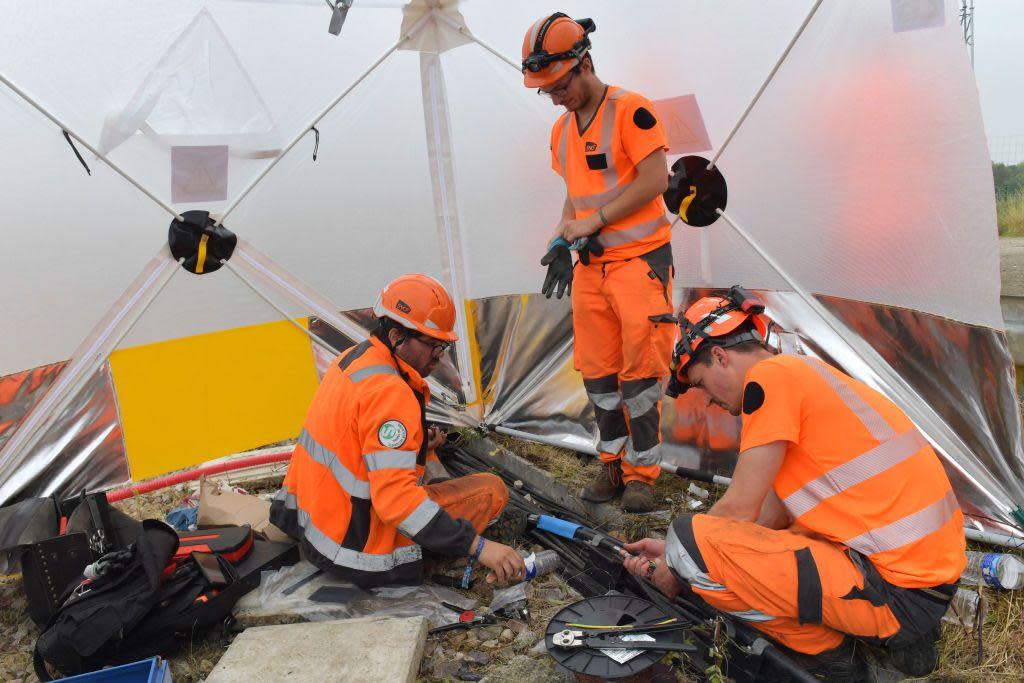Who Could Have Attacked France's High-Speed Rail?
The recent sabotage of France's high-speed rail network has sent shockwaves through the nation, particularly as the Paris Olympics approach. Interior Minister Gérald Darmanin, tasked with ensuring security during this global event, faces immense pressure following these attacks. While he has promised swift action to apprehend the culprits, the identity of the attackers remains shrouded in mystery.
The Incident
The attacks occurred mere hours before the Olympic opening ceremony, targeting the TGV network and causing significant disruption for travelers. Sports Minister Amélie Oudéa-Castéra reassured the public that these acts would not overshadow the festivities, yet the timing raises serious concerns about the security of one of France's most vital infrastructures.
Caretaker Prime Minister Gabriel Attal has urged caution in attributing blame, but he noted that the attackers demonstrated a clear understanding of how to inflict maximum damage. Initial suspicions have pointed towards ultra-left radicals, as security sources have indicated that the methods used—setting fire to critical optical fibers and cables—bear similarities to previous extreme leftist attacks.
Historical Context
The sabotage echoes past incidents, including a notable attack in January 2023 and a more recent one in May 2024, which coincided with the arrival of the Olympic flame in Marseille. Although the latter was a botched attempt involving makeshift petrol bombs, it highlights a troubling trend of increasing attacks on France's railways.
Broader Implications
The implications of these attacks extend beyond immediate disruptions. France has been on high alert for potential jihadist threats, especially following a series of deadly attacks in recent years. However, the nature of this sabotage does not align with typical jihadist tactics, leading to speculation about other actors, including potential foreign interference.
Suspicion has also fallen on Russia, particularly given its ongoing conflict with Ukraine and a history of disinformation campaigns targeting France. Pro-Kremlin social media accounts have been active in undermining the Paris Games, and recent arrests of individuals linked to Russian interference have raised eyebrows. However, the connection between Russia and the rail sabotage remains tenuous, as the attackers demonstrated a sophisticated understanding of the rail network that may not align with external influence.
Conclusion
As investigations continue, the focus remains on identifying the perpetrators of this brazen attack. The French government, alongside national police and anti-terrorism units, is working diligently to gather evidence and track down the saboteurs. The incident serves as a stark reminder of the vulnerabilities within France's infrastructure and the potential threats looming over the Paris Olympics. With the world watching, the stakes have never been higher for France to ensure the safety and security of its citizens and visitors alike.
